
The healing power of tea: A journey through the world of herbs
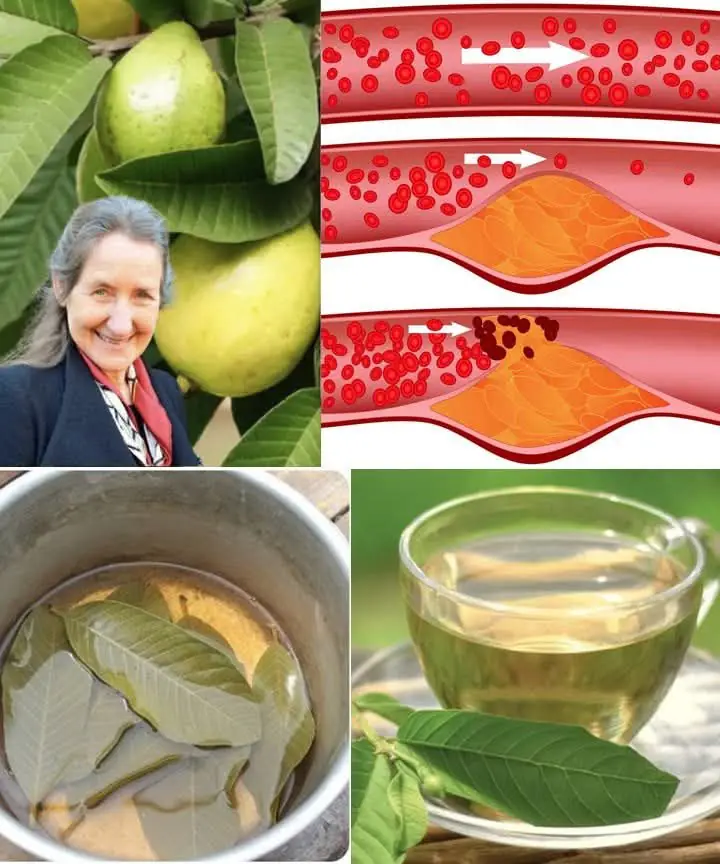
Tea has been a beloved beverage for centuries, cherished for both its soothing qualities and its myriad health benefits. While many people are familiar with the classic black, green, and herbal teas, few realize the healing power that comes from the herbs used to make these brews. Whether it’s to calm the mind, soothe the body, or boost overall health, the world of herbal teas offers something for everyone.
In this article, we’ll explore the healing properties of herbal teas, delve into some of the most popular medicinal herbs, and take you on a journey through the health benefits that these herbs can provide.
What Is Herbal Tea?
Herbal tea is not technically "tea," as it does not come from the Camellia sinensis plant, the source of traditional tea leaves. Instead, herbal tea is made from a wide range of herbs, flowers, fruits, and spices. These plant-based ingredients are steeped in hot water, releasing their flavors and beneficial properties.
Unlike regular tea, herbal teas often do not contain caffeine, making them ideal for those looking to avoid the stimulating effects of caffeine, especially in the evening. These brews offer more than just taste - they are packed with antioxidants, vitamins, minerals, and compounds that support healing and well-being.
The Healing Benefits of Herbal Tea
Herbal teas have been used for thousands of years in traditional medicine systems like Traditional Chinese Medicine (TCM) and Ayurveda. Each herb or plant has its own unique therapeutic properties, and drinking these herbal infusions can benefit the body in various ways. Below, we explore some of the top benefits of drinking herbal teas.
1. Calms the Mind and Reduces Stress
In today’s fast-paced world, many people are looking for ways to reduce stress and find moments of peace. Herbal teas such as chamomile and lavender are known for their calming effects. These herbs contain natural compounds that have been shown to relax the nervous system and reduce anxiety.
-
Chamomile Tea: Chamomile is widely known for its calming effect, often used to ease insomnia and promote restful sleep. It is also known for reducing stress and anxiety levels.
-
Lavender Tea: Lavender is another herb known for its stress-relieving properties. Its soothing fragrance helps reduce tension and anxiety, promoting relaxation.
2. Supports Digestion
Herbal teas are also excellent for improving digestion. Many herbs contain compounds that help stimulate the digestive system, ease bloating, and reduce gas. Teas such as peppermint, ginger, and fennel are excellent choices for promoting healthy digestion.
-
Peppermint Tea: Peppermint is widely used for its ability to relieve indigestion, reduce bloating, and calm an upset stomach. The menthol in peppermint helps relax the muscles in the digestive tract, making it easier for food to move through.
-
Ginger Tea: Ginger has been used for centuries to ease nausea, improve gut health, and alleviate gastric discomfort. It stimulates digestion and can also help prevent nausea caused by motion sickness or pregnancy.
-
Fennel Tea: Fennel is known for its ability to ease bloating and relieve gas. It can also improve overall digestion by increasing bile production and helping break down fats.
3. Boosts Immune System Health
Herbal teas are packed with antioxidants and vitamin C, which can boost the immune system, helping the body ward off illnesses. Echinacea, elderberry, and ginger are some of the herbs known for their immune-boosting properties.
-
Echinacea Tea: Echinacea is commonly used to prevent colds and flu. It stimulates the immune system, helping the body fight off infections more efficiently.
-
Elderberry Tea: Elderberry is a powerful herb known for its ability to fight off colds and flu. It contains antioxidants that help combat free radicals and reduce inflammation.
-
Ginger Tea: In addition to aiding digestion, ginger also has antibacterial and antiviral properties, making it a great addition to your diet during cold and flu season.
4. Reduces Inflammation and Pain
Herbal teas like turmeric, ginger, and willow bark can help reduce inflammation in the body, making them beneficial for people suffering from conditions such as arthritis, joint pain, and muscle soreness.
-
Turmeric Tea: Turmeric is known for its powerful anti-inflammatory properties, largely due to its active compound curcumin. Drinking turmeric tea can help reduce inflammation and pain in the body, especially in the joints.
-
Willow Bark Tea: Willow bark contains a compound similar to aspirin and has been used for centuries to treat pain and inflammation. It is often recommended for conditions such as arthritis, headaches, and lower back pain.
5. Promotes Better Sleep
Many people struggle with getting a good night’s sleep, and herbal teas can help improve sleep quality. Valerian root, chamomile, and lavender are among the best herbs to help you relax and sleep more soundly.
-
Valerian Root Tea: Valerian root has been shown to promote better sleep quality by increasing the amount of deep sleep you get. It’s a popular remedy for insomnia and other sleep disorders.
-
Chamomile Tea: As mentioned earlier, chamomile tea is a fantastic natural remedy for promoting restful sleep. Its sedative effects help calm the body and mind, making it easier to fall asleep.
6. Detoxifies the Body
Herbal teas can also help detoxify the body, supporting the liver and kidneys in flushing out toxins. Herbs like dandelion root, milk thistle, and nettle are commonly used to promote detoxification.
-
Dandelion Root Tea: Dandelion root is known for its ability to detoxify the liver and improve kidney function. It stimulates bile production, which helps the body remove waste products and excess fluids.
-
Milk Thistle Tea: Milk thistle is an herb that supports the liver’s detoxification processes. It is rich in antioxidants and can help protect the liver from damage caused by toxins.
-
Nettle Tea: Nettle is a natural diuretic that helps flush out toxins from the kidneys and urinary tract. It also helps reduce inflammation and supports joint health.
Popular Herbal Teas and Their Benefits
Here is a quick guide to some popular herbal teas and their healing properties:
-
Peppermint Tea: Soothes digestive issues, relieves nausea, and reduces headaches.
-
Chamomile Tea: Calms the mind, promotes better sleep, and relieves stress.
-
Ginger Tea: Eases nausea, supports digestion, and has anti-inflammatory properties.
-
Lavender Tea: Reduces stress and anxiety, promotes relaxation, and improves sleep.
-
Echinacea Tea: Boosts immune health and helps prevent colds and flu.
-
Lemon Balm Tea: Calms the mind, reduces anxiety, and aids digestion.
How to Brew Herbal Teas for Maximum Benefits
To get the most out of your herbal tea, it’s important to brew it properly:
1. Use Fresh Herbs: If possible, use fresh herbs for brewing your tea. Fresh herbs are packed with more active compounds and nutrients than dried herbs.
2. Boil Water and Steep: Bring water to a boil, then pour it over your herbs. Let it steep for about 5-10 minutes to extract the full flavor and medicinal properties.
3. Sweeten Naturally: You can sweeten your herbal tea with honey or stevia for a natural, healthy sweetness.
Conclusion
Herbal teas are more than just a comforting drink - they are powerful tools for healing and prevention. From reducing stress to supporting digestion, boosting the immune system, and promoting better sleep, the healing power of herbs is truly remarkable. By incorporating herbal teas like chamomile, ginger, peppermint, and others into your daily routine, you can take proactive steps towards improving your health in a natural and soothing way. So, the next time you're feeling under the weather or stressed out, consider reaching for a cup of herbal tea to restore balance to your body and mind.
News in the same category

3 Common Sleep Habits That Silently Age Your Brain, Weaken Memory, and Reduce Focus
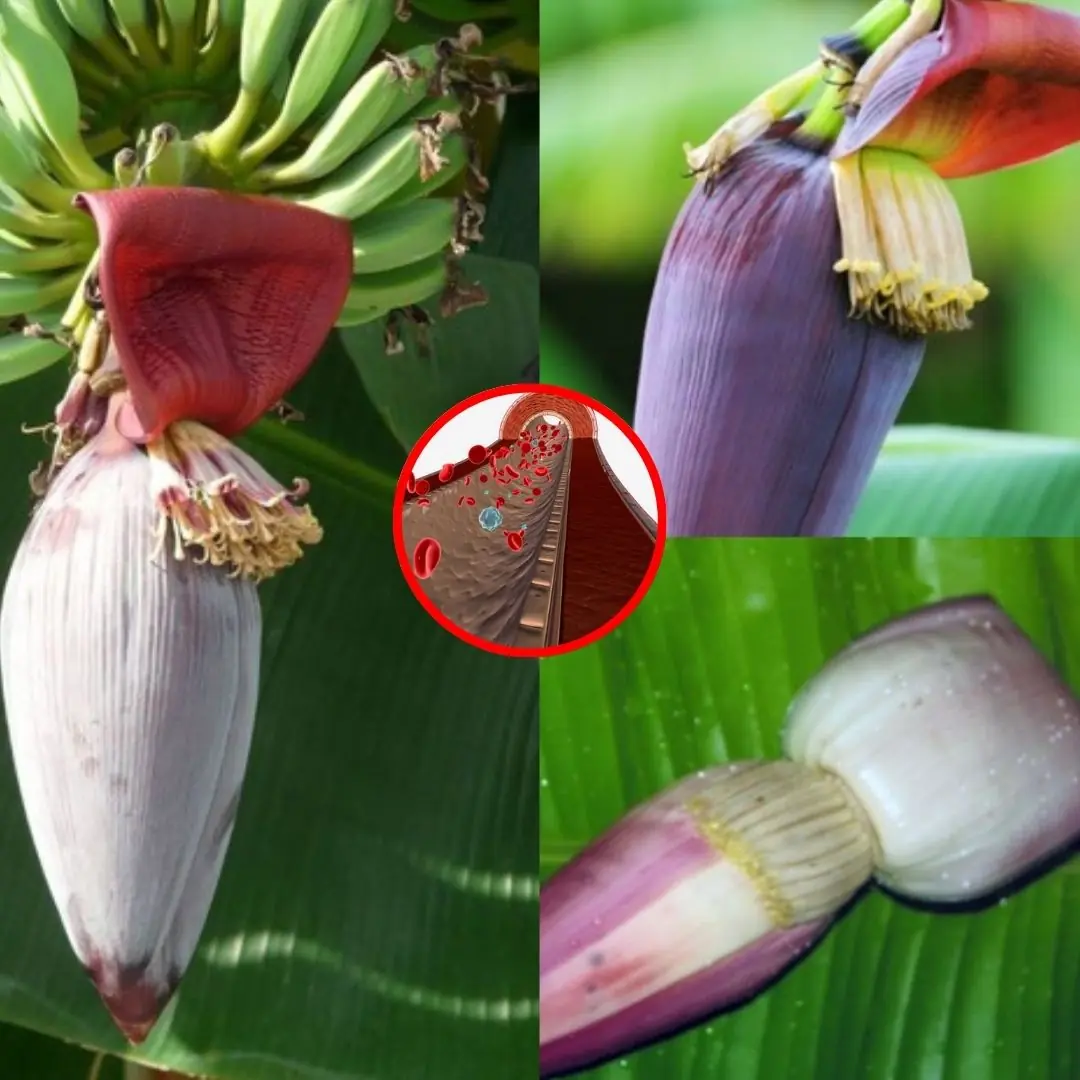
One simple natural remedy can help fight diabetes, high blood pressure, and stomach pain — and you’ll never believe what it is

These 5 Common Habits Are Actually Very Harmful to Your Brain, But You Do Them Every Day

Common foods you should limit storing in the fridge — and why

Di.ed of a Stroke During the Night: 5 Things You Should Never Do in the Evening

Why don't houses in America have fences and bars to prevent theft?

When to Worry About Veins That Appear Out of Nowhere
Ca.nc.er cells love these 3 flavors the most many people are sh.o.cked to realize they eat them every single day

People with Blo.od Clots Often Experience 4 Unusual Symptoms While Walking

If You Love Napping During the Day, This Is for You!

4 air conditioner installation locations do more harm than good

Soong Mei-ling Lived Past 100 Despite Can.cer: Her Two Favorite Drinks Are Still Popular Today

5 foods you should never keep overnight

5 types of vegetables that help detoxify and lower liver enzymes

4 everyday fruits doctors warn could fuel can.cer growth
5 early warning signs of cervical can.cer

Secret to longevity: 3 eating habits that helped an old woman live to 118 years old

How your feet can reveal early signs of dia.betes
News Post

Put your index fingers together — what you see could reveal early signs of lung ca.n.cer, according to doctors

3 Common Sleep Habits That Silently Age Your Brain, Weaken Memory, and Reduce Focus

One simple natural remedy can help fight diabetes, high blood pressure, and stomach pain — and you’ll never believe what it is

Ancestors’ Advice: “3 Don’ts Outside, 3 Must-Haves Inside” — Attract Wealth, Peace, and Prosperity

The bikers were there for their brother’s final chemotherapy when the toddler’s screams echoed through the oncology ward and wouldn’t stop

Emergency signs that the GAS CYLINDER will explode after 10 minutes, run far away to avoid danger

Don’t Rush to Choose the Biggest Crab

Boil Pork Stomach with This Secret Ingredient

An Item Once Considered Worthless and Ignored Is Now Being Bought for Over $1,000

5 Habits That Shorten Men's Lifespan: Smoking Only Ranks 4th

My Stepmom Wanted Me to Stop Wearing the Pendant My Late Mother Gave Me Because It Was Cheap – But Karma Had Other Plans

My Sister Borrowed My House to Celebrate Her Son's 7th Birthday – After What She Did to My House, I Cut off Our Relationship

The Japanese secret to drying thick clothes quickly

These 5 Common Habits Are Actually Very Harmful to Your Brain, But You Do Them Every Day

Why does the air conditioner smell bad when you turn it on?

Insert a piece of paper into the refrigerator door: An amazing tip to save a lot on your electricity bill

Common foods you should limit storing in the fridge — and why

When eating tomatoes, never eat them with these 4 foods. It's not too late to know now
